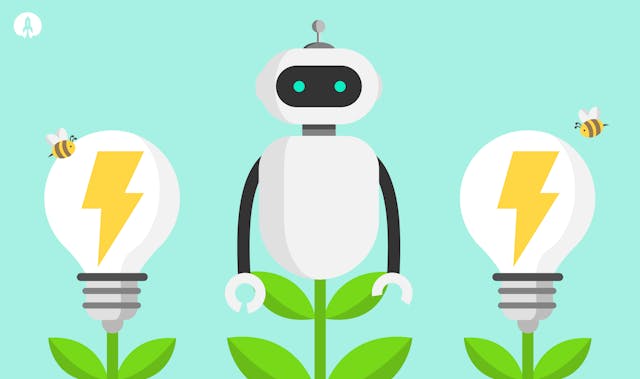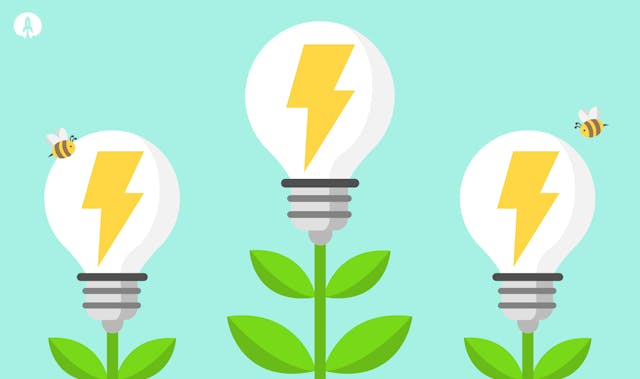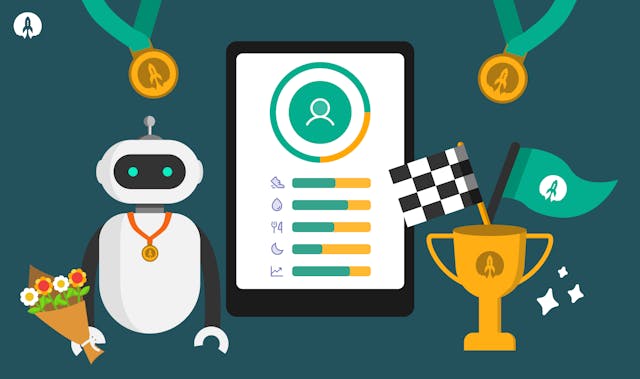The Role of AI in Major Sporting Events: A Game-Changer for Performance, Fan Experience, and Beyond

The integration of artificial intelligence (AI) in sports is transforming the landscape of how athletes train, perform, and interact with fans. In recent years, the growing influence of AI technologies in major sporting events has been nothing short of groundbreaking. The use of AI at Paris 2024 has been documented in the article cited below, and paints a picture of optimism for the future of AI in sports technology.
In Paris 2024, the use cases of AI were multiple. It is a tool that can drive performance, enhance performance, elevate spectator performance and even protect athletes from online abuse. Let's delve deeper into how AI is revolutionising the sporting world.
AI’s Impact on Athlete Performance
At the core of AI’s role in sport is its ability to process massive amounts of data. During major sporting events, where every second counts, athletes and coaches are increasingly reliant on AI to gain a competitive edge. Data from wearable technology, video analytics, and performance sensors are processed in real-time, providing athletes with vital insights that can be used to refine their techniques, assess recovery, and optimise training regimens.
AI-powered systems can track an athlete’s movements, monitor physiological data, and even predict potential injury risks, offering both preventative and corrective measures. For instance, AI systems can analyse running patterns and highlight inefficiencies in an athlete’s form, enabling targeted corrections. By enhancing training precision, athletes can push their limits, minimising the risk of overtraining or injury.
AI is also making its mark on the mental side of sports. In 2024, coaches and sports psychologists increasingly used AI tools to analyse an athlete's cognitive state – such as their stress levels, focus, and reaction times – to improve mental preparation and performance under pressure. The psychological aspect of performance is just as important as the physical, and AI is helping athletes tap into their full potential.
AI and Athlete Wellbeing: Supporting Mental and Physical Health
AI’s role in athlete wellbeing has already made significant strides and continues to evolve. Beyond physical performance enhancement, AI technologies are now being used to monitor and support athletes' mental health and overall wellness. With tools that track sleep patterns, hydration, recovery, and even stress levels, AI is providing athletes with a comprehensive view of their health, allowing them to manage their wellbeing in real-time.
On social media athletes are increasingly subjected to harmful comments and cyberbullying. At major sporting events, where the pressure is immense, this can take a significant toll on mental health. During the Paris 2024 Games, AI-driven systems were introduced to help combat this issue by detecting and filtering abusive content in real-time, shielding athletes from online hate and ensuring a safer, more supportive digital environment. By using AI to identify and flag harmful messages, organisers can act swiftly, protecting athletes from the negative psychological effects that can arise from online abuse.
This integration of AI for mental health and online safety, combined with physical health monitoring, represents a more holistic approach to athlete wellbeing, ensuring that both the body and mind are taken care of as they compete at the highest level. AI is not just enhancing performance; it’s safeguarding athletes’ overall health and ensuring they have the tools they need to thrive.
AI in Event Operations
Behind the scenes, AI is streamlining event management and logistics, ensuring smooth operations at large-scale sporting events. From ticketing systems to crowd management, AI technologies are helping organisers optimise everything. Machine learning algorithms can predict crowd movement, helping organisers manage foot traffic and reduce congestion, while AI-based systems can ensure that ticket sales and access control are as efficient as possible.
Furthermore, AI is playing a key role in ensuring security at major events. Facial recognition technology, powered by AI, can help identify and track individuals in real-time, increasing security while maintaining a smooth experience for attendees. This level of efficiency not only enhances the safety of athletes, but also that of fans attending the event.
Rocketmakers: Supporting Athletes Through Innovation
At Rocketmakers, we understand the transformative power of technology in sport. We’ve had the privilege of working with athletes and teams, including Team GB, to develop cutting-edge software solutions that help optimise training and performance during major sporting events. Our focus has always been on building bespoke solutions that allow athletes to make data-driven decisions to improve their performance and recovery, ensuring they’re operating at their best when it counts.
Through our work with athletes, we’ve seen firsthand how software can give them a competitive edge. We’ve developed tools that track everything from performance metrics to personalised recovery plans, allowing athletes to fine-tune their approach to training and competition. AI has truly opened up a new realm of possibility, and we are proud to be at the forefront of these advancements.
As AI continues to evolve, we look forward to working alongside athletes and teams to push the boundaries of what’s possible in the sporting world.
Sources
https://www.olympics.com/ioc/news/ai-and-tech-innovations-at-paris-2024-a-game-changer-in-sport
https://www.forbes.com/sites/ronschmelzer/2025/01/23/how-ai-is-augmenting-the-human-in-human-resources/?



